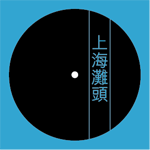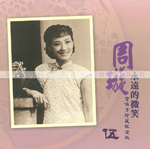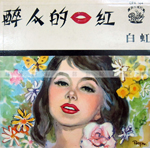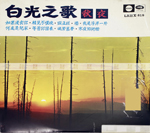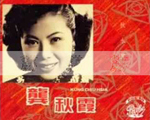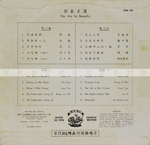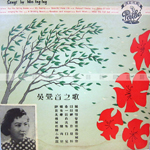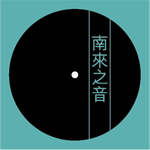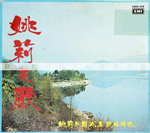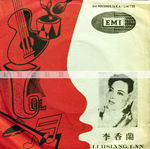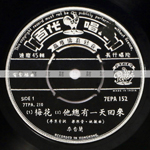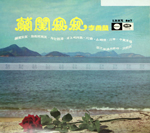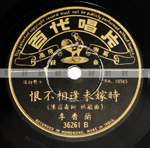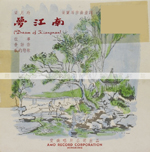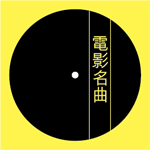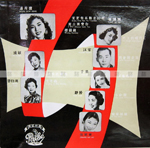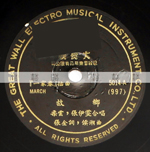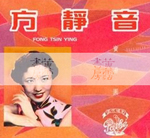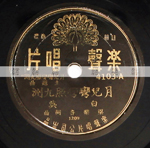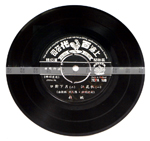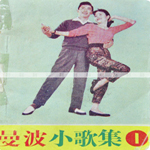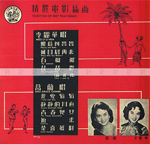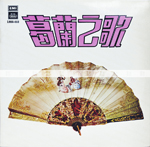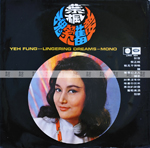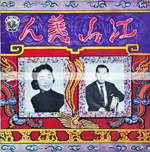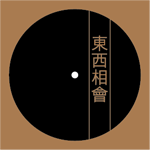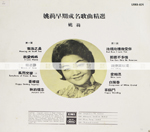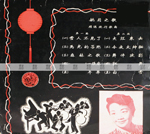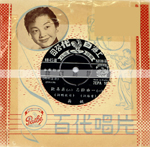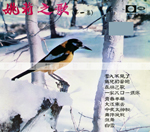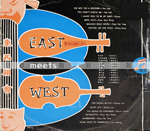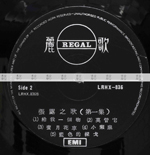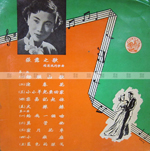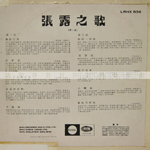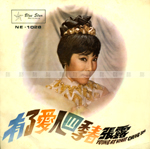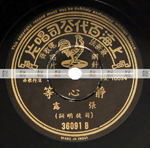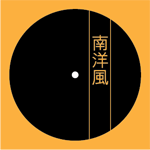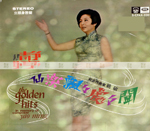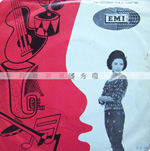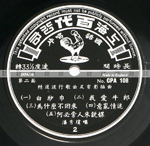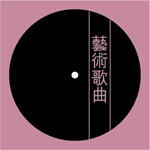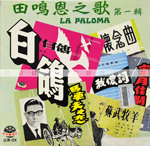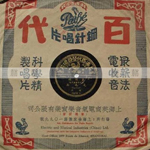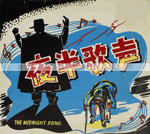In 1949, a whole group of multi-talented stars moved from Shanghai to Hong Kong. Mando pop rose to prominence, rivalling the presence of Canto opera music and Canto pop in a short period of time. The young Wong Jum-sum frequented radio stations and recording studios with his harmonica band members, in that process encountered in person many of these Mando pop stars and maestros, including illustrious names like Li Xian-lan, Bai Guang, Yao li and Yao Min. He also regularly collaborated with Filipino musicians who once illuminated the nightclubs of Shanghai.
These stars and musicians created a reservoir of Mando pop songs in the 1950s. The latter formed an inexhaustible treasure trove for radio music program presenters of the time.
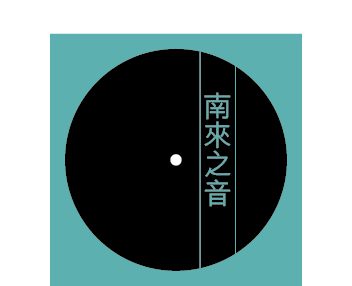
Mando pop came south
After 1949, the signature tune of China modern traveled from Shanghai to Hong Kong. Young Wong Jum-sum was lucky to have seen in action star performers such as Yao li and Li Xian-lan, and played music on the same stage with master Filipino musicians like Lobing Samson. Through this, the tortuous history of popular music in China was etched on every inch of his young body.
After 1949, the signature tune of China modern traveled from Shanghai to Hong Kong. Young Wong Jum-sum was lucky to have seen in action star performers such as Yao li and Li Xian-lan, and played music on the same stage with master Filipino musicians like Lobing Samson. Through this, the tortuous history of popular music in China was etched on every inch of his young body.
Loading the player...

8 / 44
